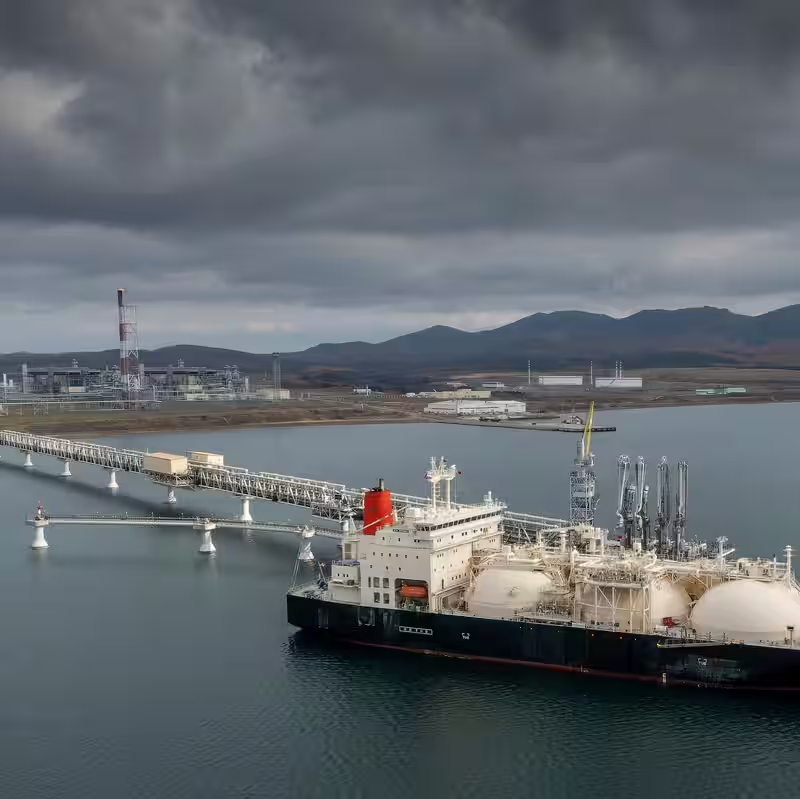Russia sanctions just took a dramatic new turn. On Thursday, October 23, 2025, the European Union approved a sweeping new package targeting Russian liquefied natural gas (LNG), cryptocurrency operations, and shadow shipping networks—just hours after former U.S. President Donald Trump announced fresh sanctions on Rosneft and Lukoil.
What’s in the EU’s Latest Russia Sanctions?
The new measures mark one of the most aggressive steps yet by the 27-nation bloc to cut off revenue streams funding Russia’s war in Ukraine. Key components include:
- Ban on Russian LNG imports: Short-term contracts end in 6 months; long-term deals terminate by January 1, 2027.
- Targeting crypto exchanges used to bypass financial restrictions.
- Travel bans on additional Russian diplomats.
- Expansion of the “shadow fleet” blacklist—adding over 100 vessels, bringing the total to 558 sanctioned ships.
Why Now? Transatlantic Pressure Mounts
The timing is no coincidence. Within hours of Trump’s move against Russia’s top oil giants, EU leaders finalized their own package. “This is a clear signal from both sides of the Atlantic that we will keep up collective pressure on the aggressor,” said European Commission President Ursula von der Leyen on social media.
Ukrainian President Volodymyr Zelensky, present at the EU summit in Brussels, welcomed the dual actions: “We waited for this — God bless, it will work,” he said.
Overcoming Internal Hurdles
The sanctions package had been stalled for weeks due to objections from Slovak Prime Minister Robert Fico, who linked his approval to unrelated concerns about EU car regulations and energy pricing. However, diplomats confirmed Wednesday that Fico’s demands were addressed, clearing the final roadblock.
“It is extremely positive that we have reached an agreement,” said Danish Foreign Minister Lars Løkke Rasmussen. “The sanctions have real impact and are hurting the Russian economy.”
Russia’s Workarounds—and Why They’re Costly
Moscow has long relied on alternative markets like China and India to offload oil and gas. It has also increasingly turned to cryptocurrency and aging tankers—dubbed the “shadow fleet”—to evade Western price caps and embargoes.
But these workarounds come at a steep price. Older tankers lack insurance, pose environmental risks, and require complex logistical coordination. Crypto transactions, while harder to trace, are now squarely in EU crosshairs, with new rules targeting exchanges that facilitate ruble-to-crypto conversions for sanctioned entities.
What the 2027 LNG Ban Means for Europe
The phased LNG ban accelerates the EU’s original timeline by one full year. While most member states have already reduced reliance on Russian gas, a few—like Hungary and Slovakia—still import small volumes via LNG terminals.
The early cutoff signals the bloc’s growing confidence in alternative suppliers, including the U.S., Qatar, and Norway. It also reflects a strategic shift: energy security is now inseparable from geopolitical alignment.




